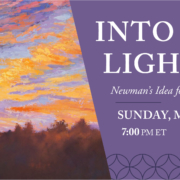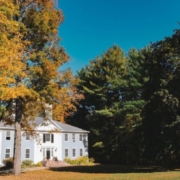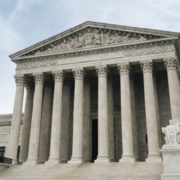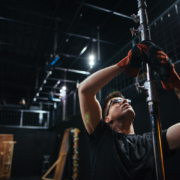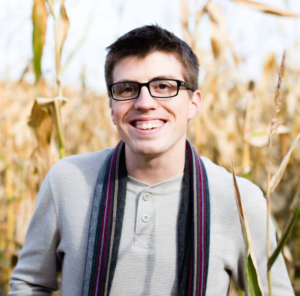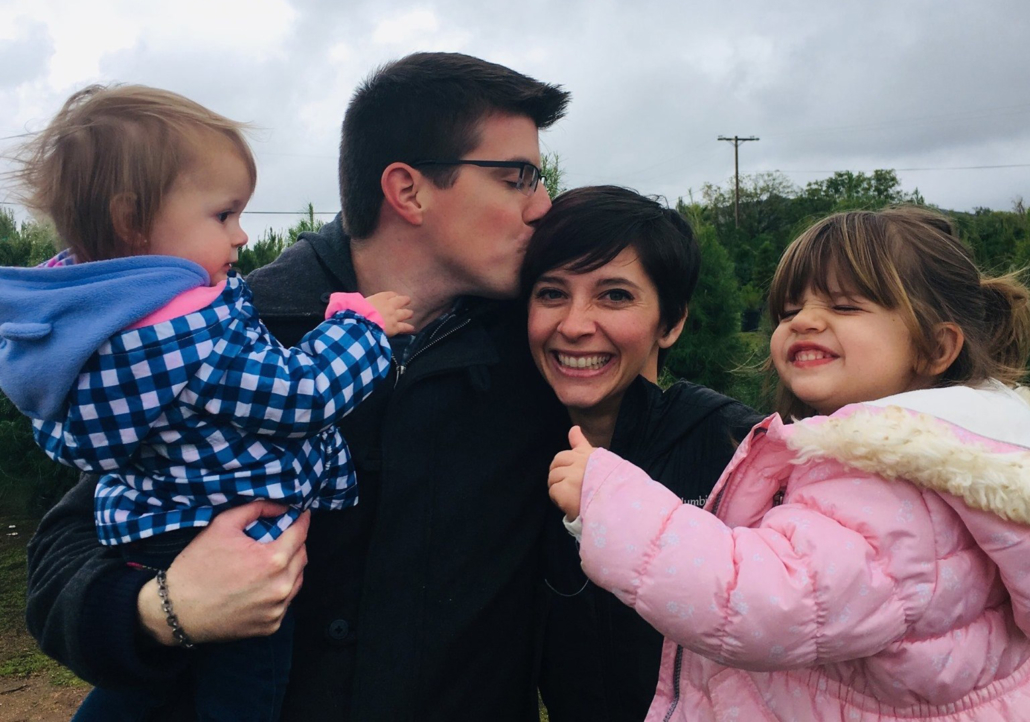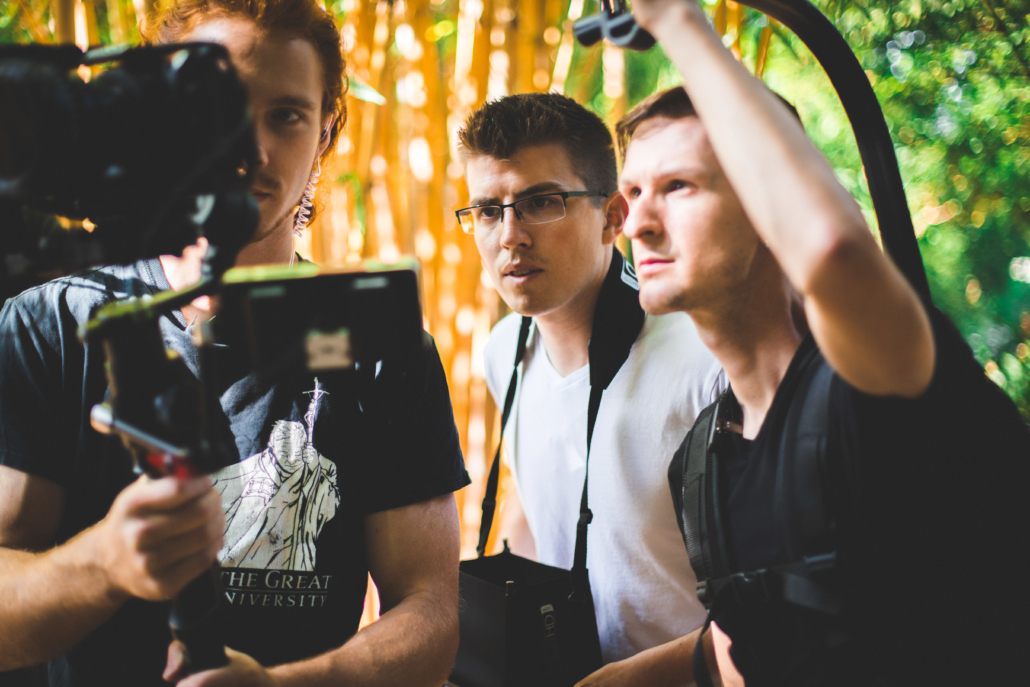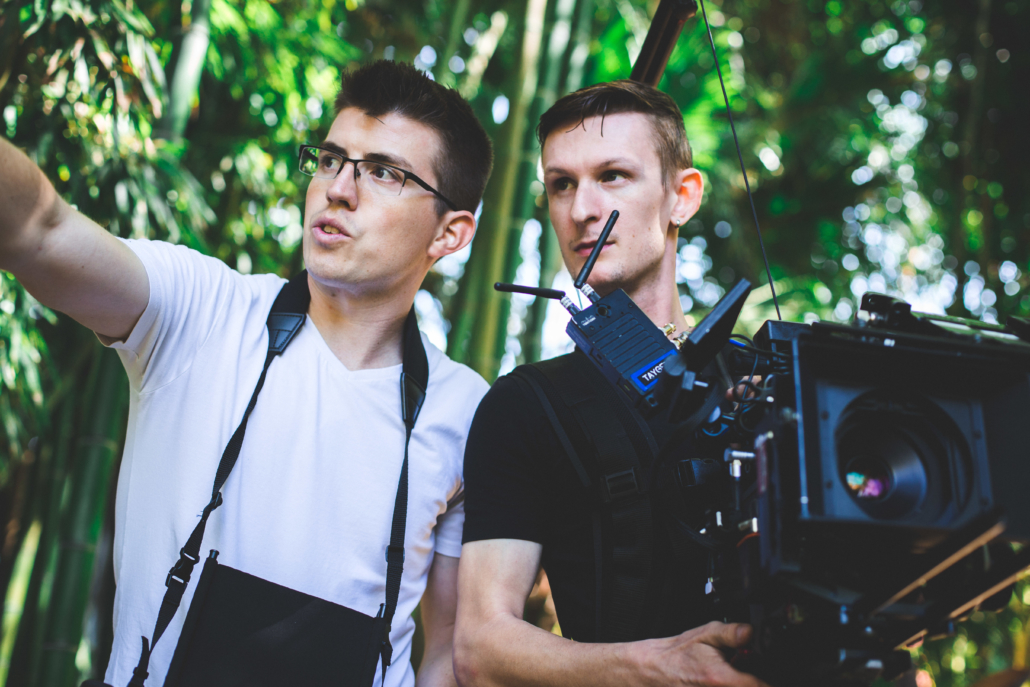Extraordinary Teens Love the Eucharist, Catholic Education
Wow! Thank God for hopeful signs, even in the darkest hours.
I just read the most extraordinary, heart-warming testimonies by teenage Catholics who are in love with Jesus in the Eucharist. They refuse to succumb to secularism, and they are unwilling to attend colleges that fail to embrace his Real Presence with confidence and reverence.
Each year The Cardinal Newman Society invites high school students to submit essays for a scholarship contest, and this year’s topic was especially timely. The students were asked to write about the following, even as they were shut out from public Masses during the COVID lockdown:
“A recent Pew Research study found that only 26 percent of self-professed Catholics under the age of 40 believe in the Real Presence of Jesus Christ in the Eucharist. In light of this finding, why do you think that it is important to attend a faithful Catholic college?”
Maria Schmidt of Providence Academy in La Crosse, Wisconsin, is proudly among the minority of believing Catholics. In her winning essay, she proclaims that the “Eucharist is the greatest Sacrament — the entirety of Jesus.” And she blames poor catechesis for the fact that so many of her peers do not understand.
Catholics should face the crisis of faith “with a renewed commitment to strong Catholic education and faith formation,” Schmidt argues. She will take her $5,000 scholarship this year to Ave Maria University in Ave Maria, Florida, with the possibility of renewed scholarships in subsequent years, generously provided by the University.
Schmidt chose Ave Maria, because she wants to study psychology and theology at a faithful Catholic college. Studies in psychology at Ave Maria are “carried out in conversation with philosophical and theological insights into the human person,” which is not possible at a secular college and potentially dangerous at a Catholic college that does not guarantee orthodoxy.
“A good education helps form the whole person, laying down proper philosophical principles necessary for the pursuit of truth in all its classes and activities,” Schmidt writes.
Outside the classroom, Schmidt hopes for a strong Christian formation. “The influence of one’s companions, most importantly in the still-formative years of young adulthood, should not be overlooked. People are social creatures and will often think like those with whom they spend the most time.”
There is no better place than a faithful Catholic college to find good role models and faithful peers. The spiritual opportunities are plentiful, often providing access to multiple priests and religious, Mass and Confession throughout the week, celebration of religious feast days, pastoral counseling, and more.
Ave Maria offers perpetual Adoration of the Blessed Sacrament during the academic year, and many students are grateful for the opportunity, even if they never spent time in Adoration before college. Schmidt is also looking forward to learning more about the Extraordinary Form Latin Mass, which is offered three days each week on campus.
Exposing young people to beautiful, reverent liturgy, Eucharistic adoration and authentic Catholic education can go a long way toward restoring belief in the Eucharist. Schmidt reminds us that the crisis of faith in our country and in the world is “not unprecedented.”
“Like the monks of Cluny Abbey who saved the faith of Europe in the tenth century, let us first reform ourselves through strong Catholic education and spiritual nourishment,” she writes. “That is the first step towards the reform of the crisis, and another of many steps toward heaven.”
Her full essay is posted online here. May God bless Maria and all her fellow students at faithful Catholic colleges, as they prepare for the fall and get ready to embark on exciting journeys of faith, fun and learning.
This article first appeared at The National Catholic Register.
More information about the Essay Scholarship Contest:
The Newman Society’s annual Essay Scholarship Contest is open to high school seniors in the United States who participate in the Newman Society’s Recruit Me program and use The Newman Guide in their college search. The innovative Recruit Me program invites Newman Guide colleges to compete for students while providing information about faithful Catholic education. Rising high school seniors who wish to enter next year’s essay contest can sign up for Recruit Me online at https://cardinalnewmansociety.org/the-newman-guide/recruit-me/.
Maria Schmidt describes her college search:
While my search for a major was relatively easy, my search for a college would have been insurmountable without The Newman Guide. With about 197 professed Catholic colleges in the U.S, it would have been nearly impossible for me to find an authentically Catholic college that was just right for me. Thankfully, The Newman Guide did all the hard work for me, excluding the schools that are only nominally Catholic, and providing a detailed analysis of the fifteen U.S. residential colleges that make the cut.
With such a comprehensive and trustworthy list available, I did not have to waste my time considering schools which would only dampen my hopes and threaten my faith. Instead, I could focus my attention searching for the college that best fits my needs and expectations.
Schmidt’s $5,000 scholarship is made possible thanks to the generosity of Joseph and Ann Guiffre, supporters of The Cardinal Newman Society and faithful Catholic education.
“We are grateful to Mr. and Mrs. Guiffre for enabling this scholarship,” said Newman Society President Patrick Reilly. “They understand the unique value of a truly Catholic education, and they are thrilled to help a student experience all that a Newman Guide-recommended college can provide.”
The winner of the annual contest also has the opportunity to receive an additional $15,000 from participating colleges over the course of their college education. Sixteen of the Newman Guide colleges, including Ave Maria University, have agreed to supplement the Newman Society’s scholarship with additional $5,000 grants over three additional years, under certain conditions including full-time enrollment and academic progress.
This article first appeared at The National Catholic Register.

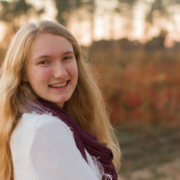
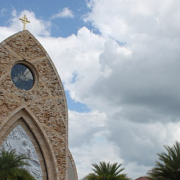
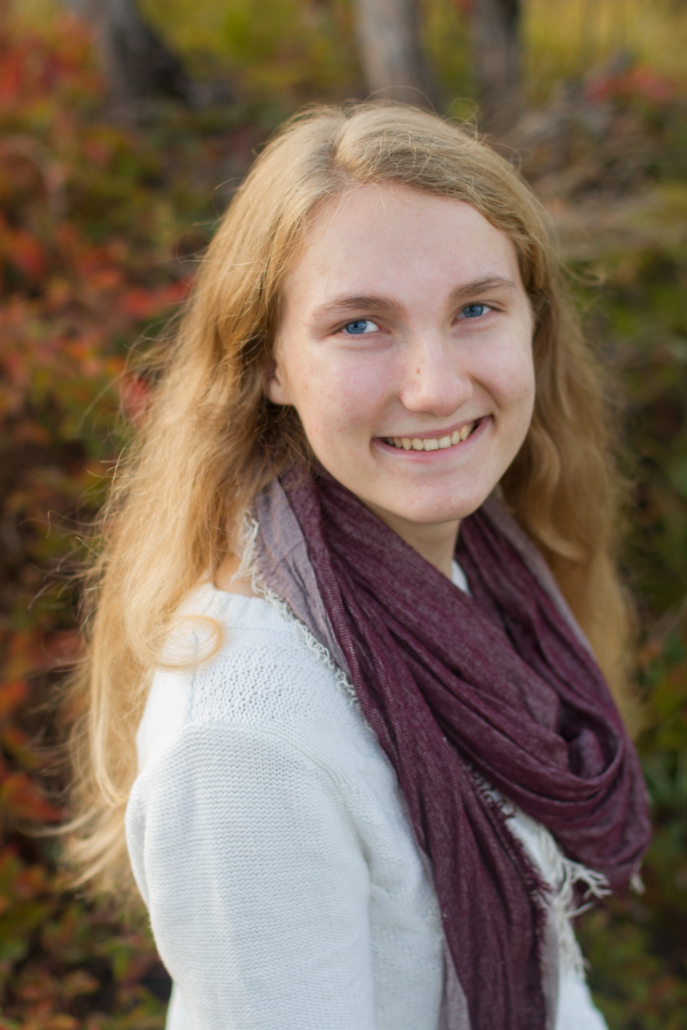
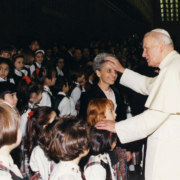
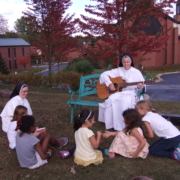
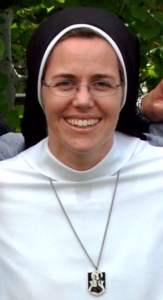
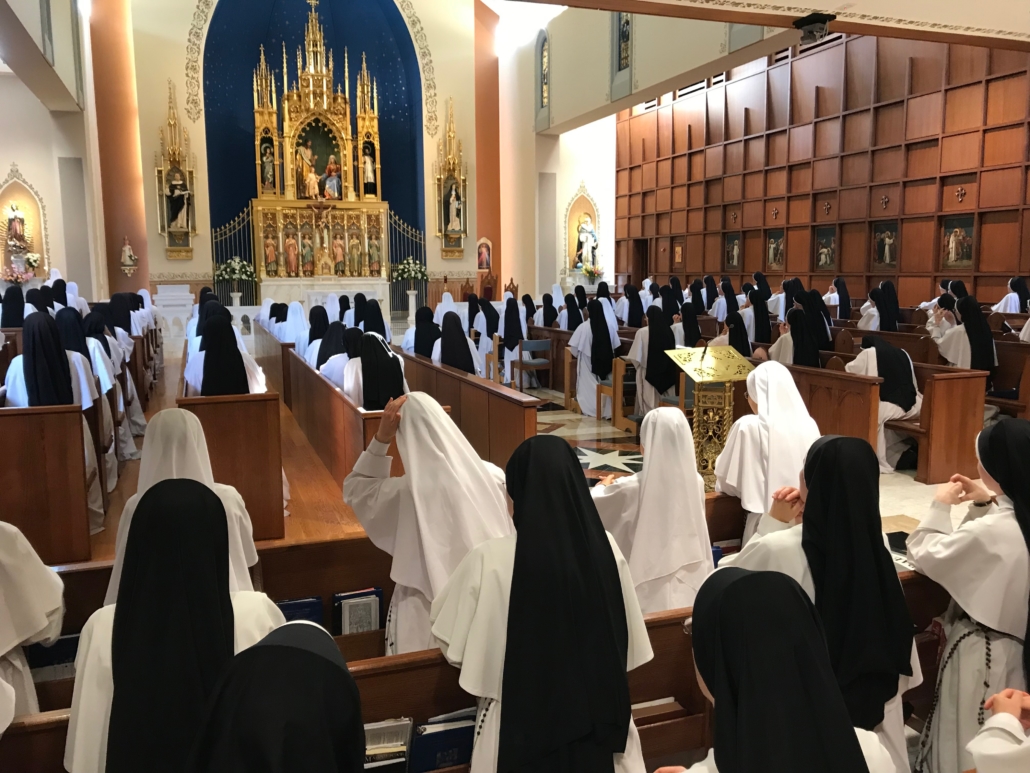
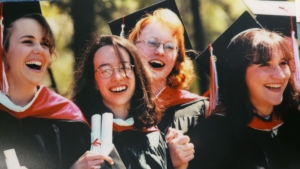
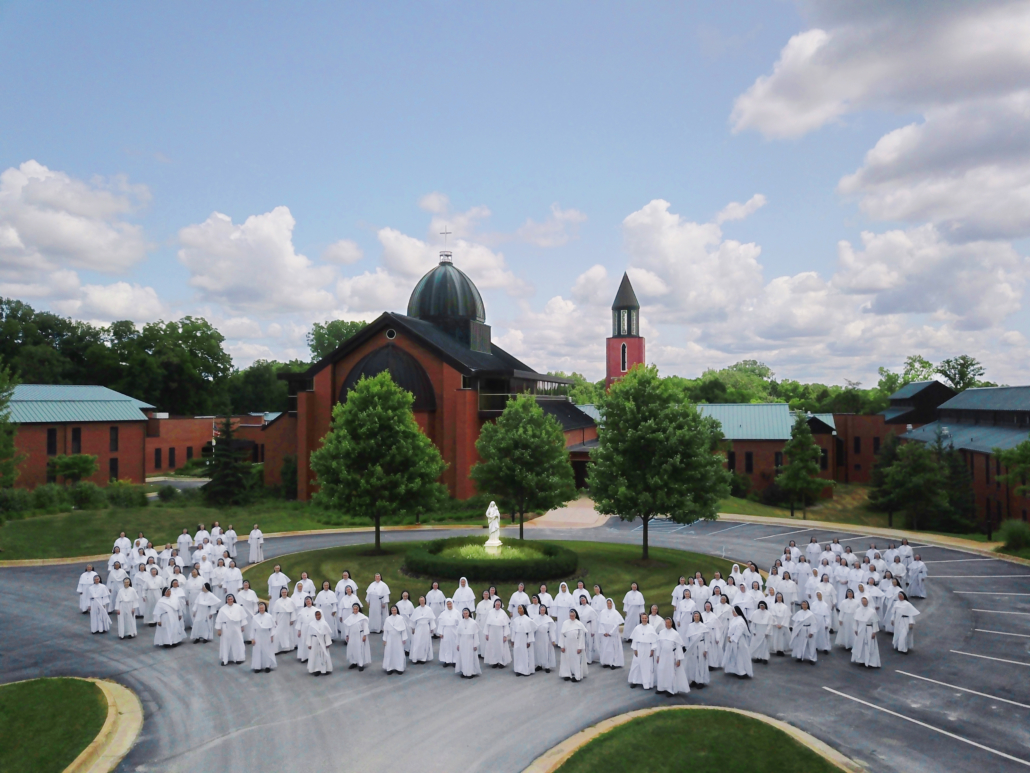
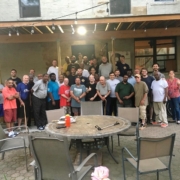
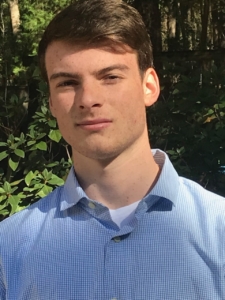
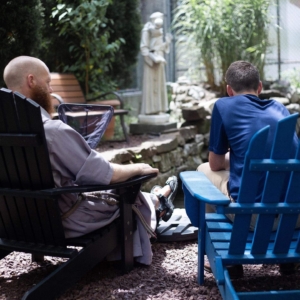 Newman Society: Can you tell us about the work you’re doing with the homeless during this COVID-19 crisis?
Newman Society: Can you tell us about the work you’re doing with the homeless during this COVID-19 crisis?